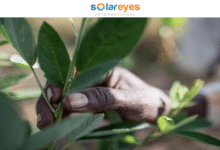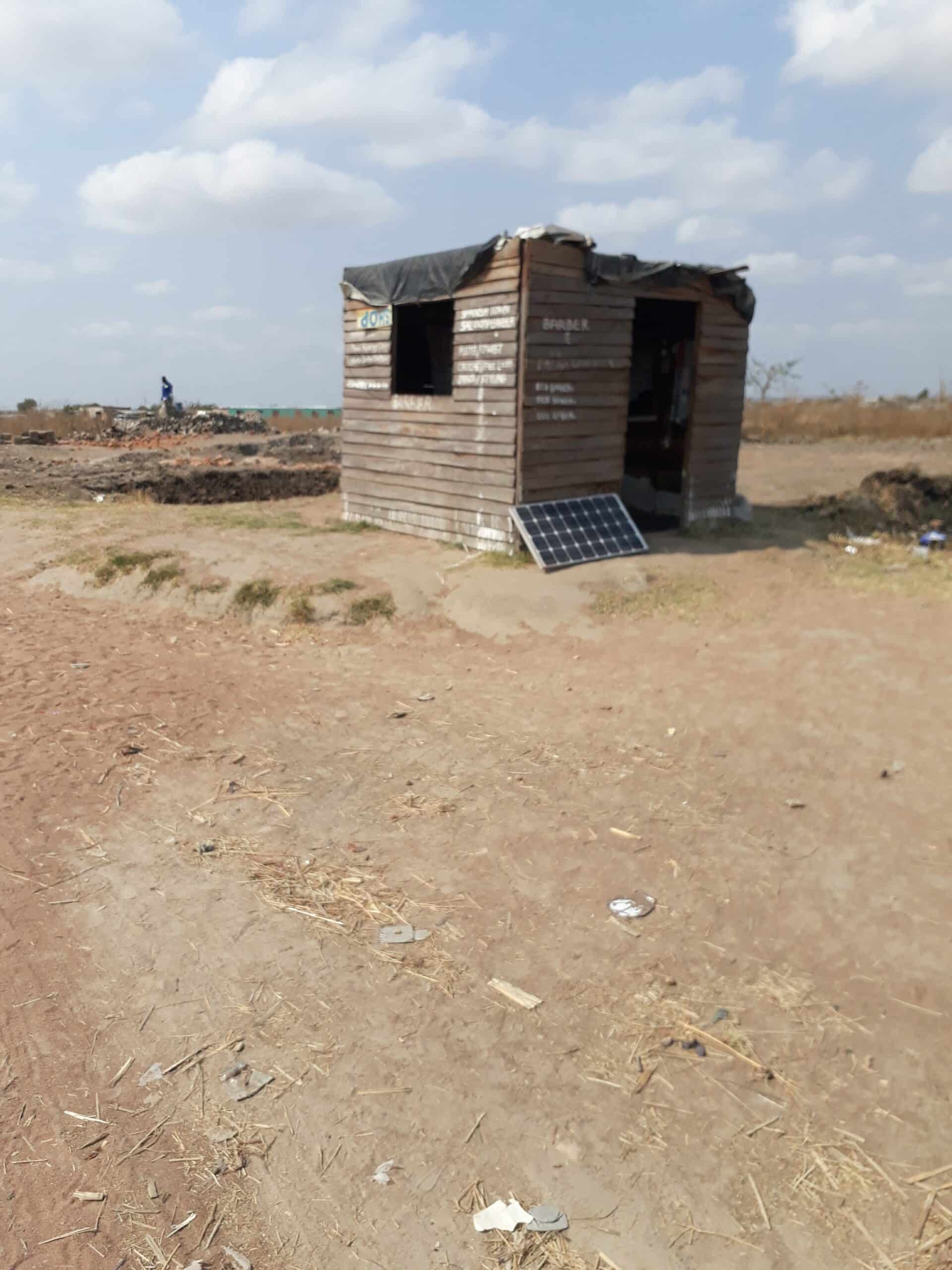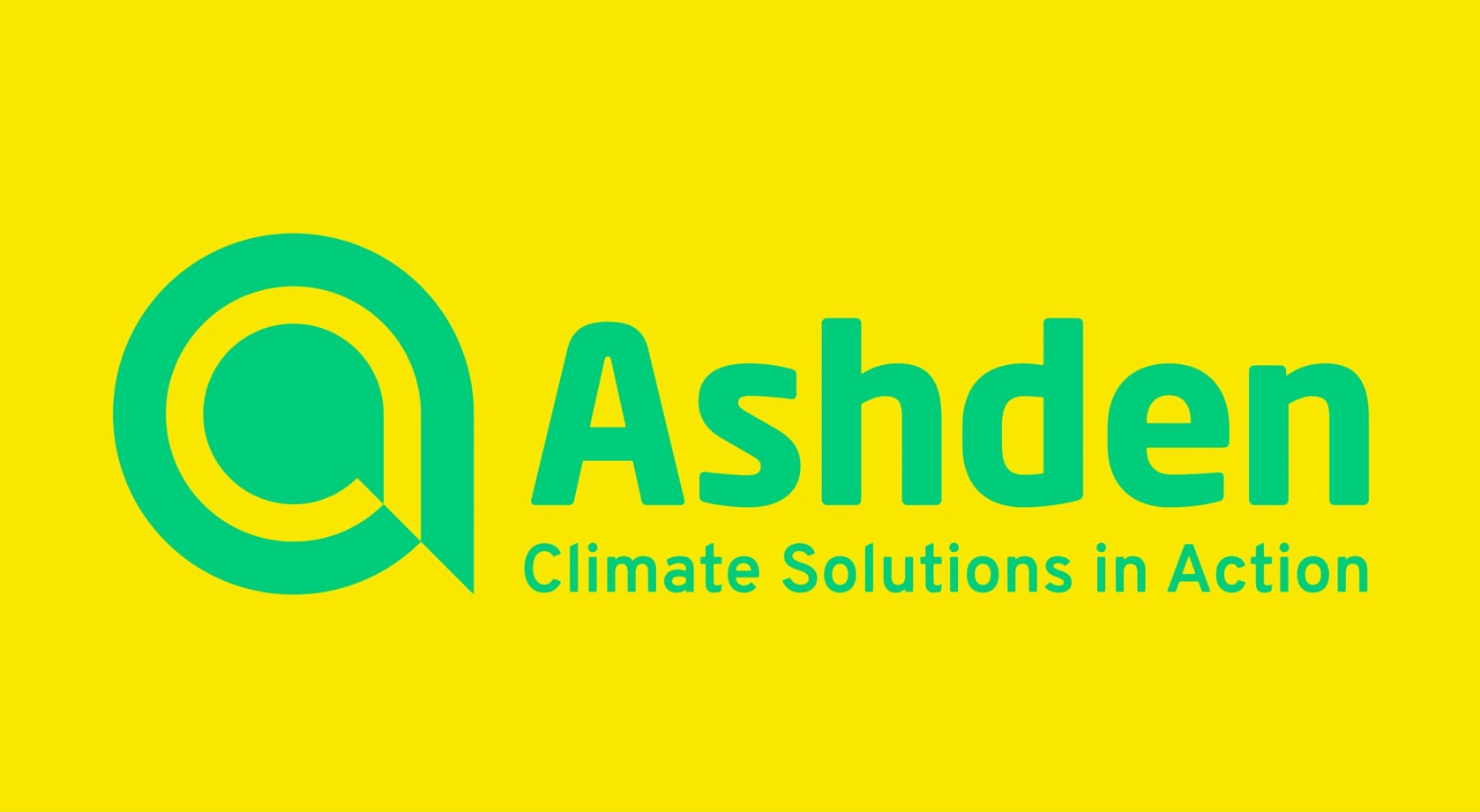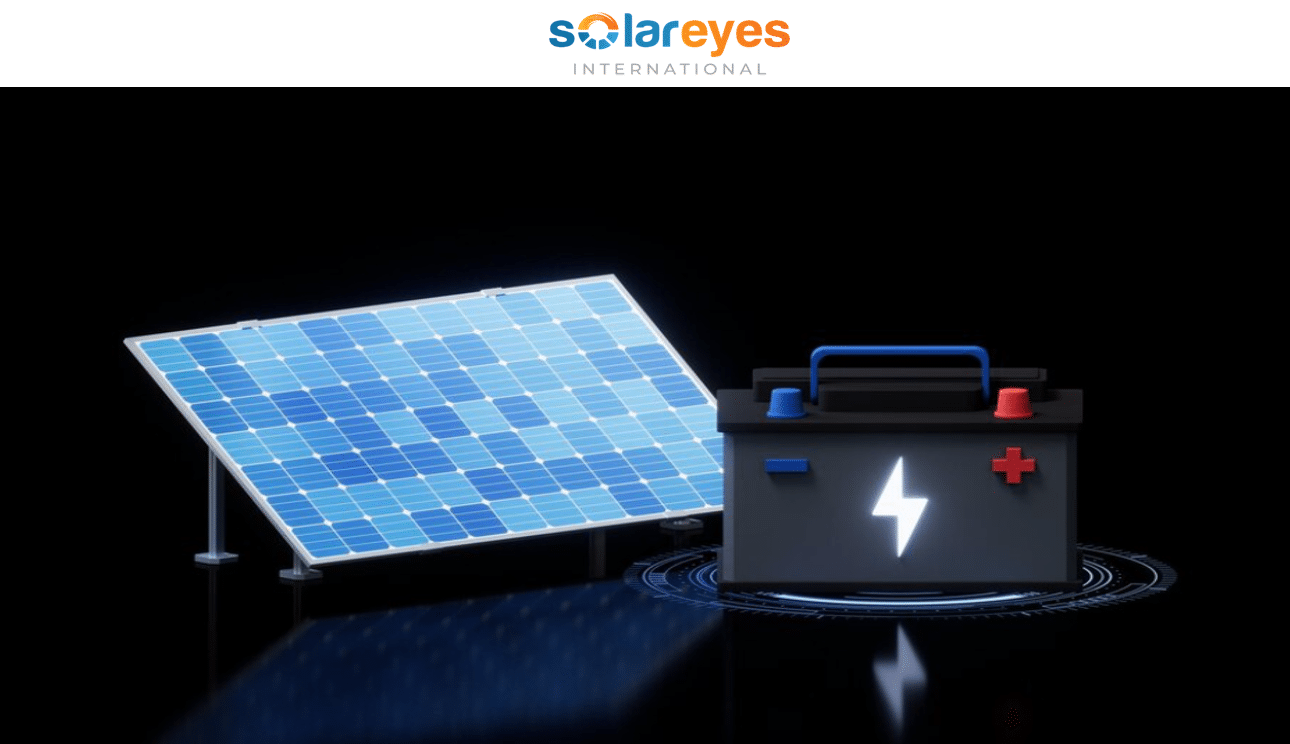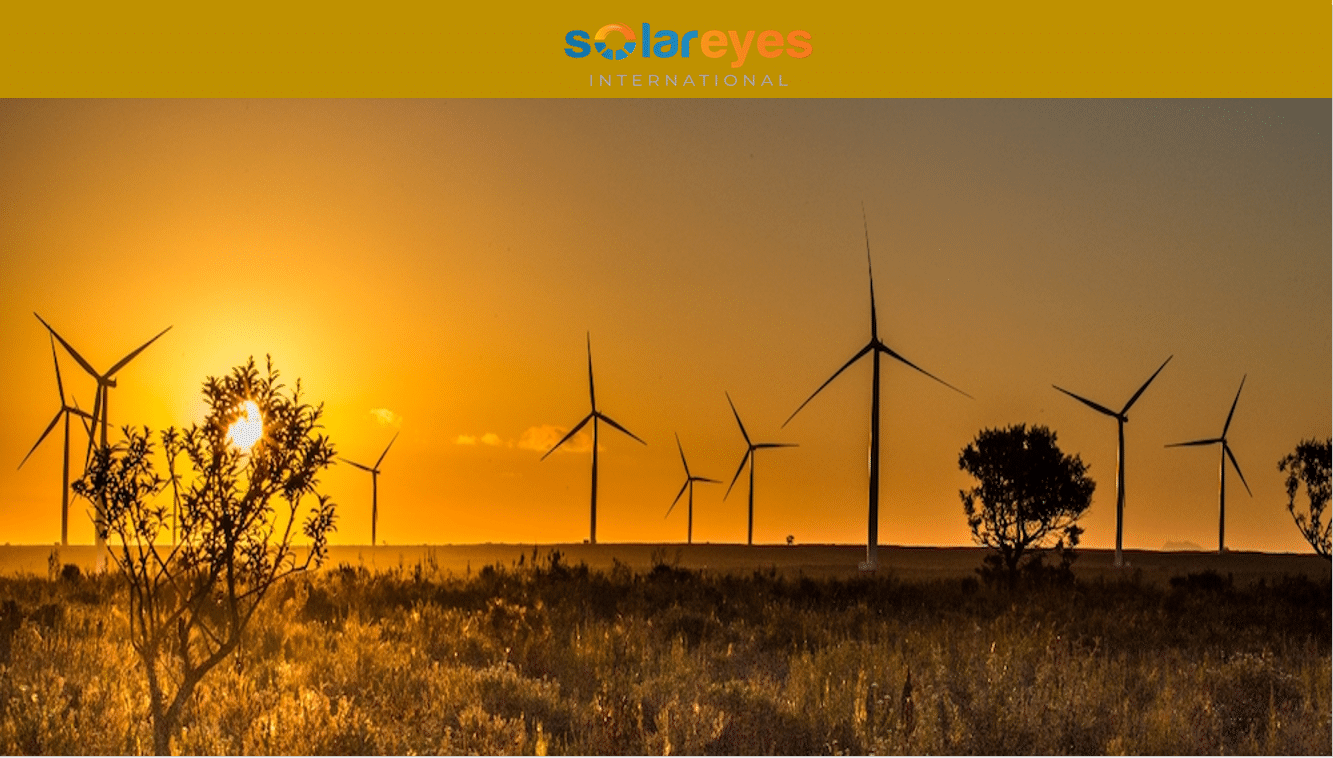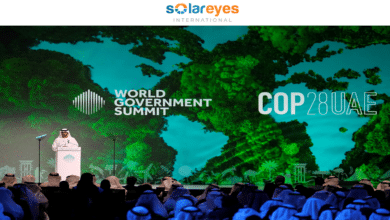World Environment Day & World Ocean Day Vs “Renewable Energy and Environmental Justice: The Urgent Need for Transition in Côte d’Ivoire”
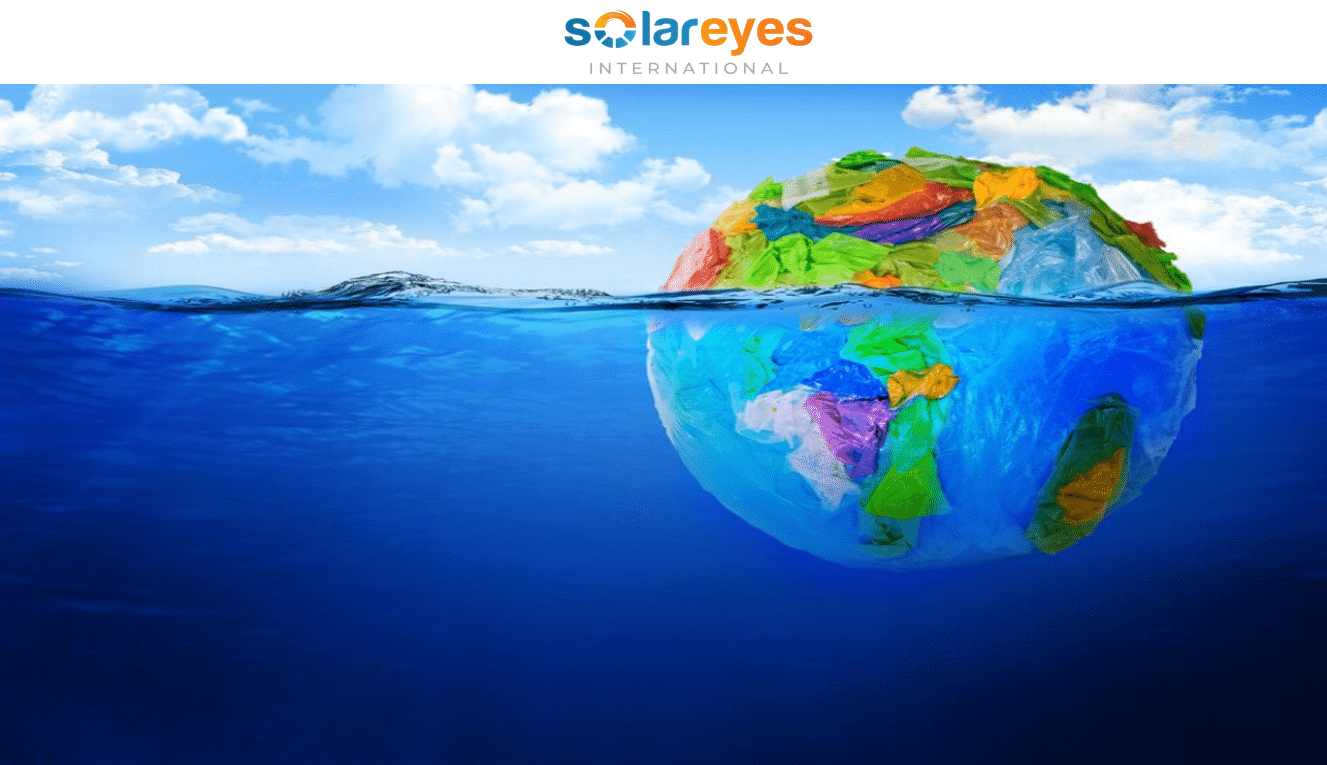
World Environment day & world ocean day Vs “Renewable Energy and Environmental Justice: The Urgent Need for Transition in Côte d’Ivoire”
Renewable energy is not just a buzzword, it is a vital necessity in today’s world. With the ever-increasing demand for energy, the world is facing an energy crisis that is affecting the environment in more ways than one.
World Environment Day and World Ocean Day remind us of the need to protect our planet and its resources, making it an opportune time to explore the link between renewable energy, justice transition, and the better understanding of loss and damages caused by climate change.
The Urgent Need for Transition in Côte d’Ivoire
Côte d’Ivoire is a country in West Africa that has been experiencing rapid economic growth in recent years, with new important gas discovery near ocean Atlantic by ENI. However, this growth has come at a cost, with the country’s reliance on fossil fuels contributing to environmental degradation and carbon emissions. The country’s energy mix is heavily reliant on thermal power plants, which use fossil fuels such as oil and gas to generate electricity. This has led to a situation where Côte d’Ivoire is struggling to meet its energy demands while also grappling with the effects of climate change.
20 INTERESTING FACTS ABOUT SOLAR ENERGY – you probably don’t know them
The situation in Côte d’Ivoire is not unique. Many countries in Africa are facing similar challenges, with the need to balance economic growth with sustainable development and environmental protection. As the world prepares to celebrate World Environment Day and World Ocean Day, it is imperative that we take a closer look at the link between renewable energy and environmental justice.
Renewable Energy and Environmental Justice: A Case of Côte d’Ivoire
Renewable energy is the key to achieving sustainable development and protecting the environment. It is a clean and abundant source of energy that can be harnessed to meet our energy needs without harming the planet. In Côte d’Ivoire, the government has recognized the importance of renewable energy and has taken steps to promote its use. The country has set a target of generating 42% of its electricity from renewable sources by 2030, up from the current level of 12%.
The transition to renewable energy is not just about protecting the environment. It is also about ensuring a just transition for all stakeholders. This includes young people, civil society organizations, and multi-stakeholders who are all affected by the energy crisis and climate change. A just transition means that everyone should have access to renewable energy and benefit from its use. It also means that those who are most affected by the negative impacts of the energy crisis should be given a voice in the decision-making process.
The link between renewable energy, a just transition, and the better understanding of loss and damages caused by climate change is critical to the future of our planet. The case study of Côte d’Ivoire highlights the urgent need for renewable energy in Africa and the importance of a just transition for all stakeholders. As we celebrate World Environment Day and World Ocean Day, let us remember the importance of renewable energy, a just transition, and the better understanding of loss and damages in the fight against climate change
Youth in Côte d’Ivoire are particularly impacted by the energy crisis and climate change. They are the ones who will inherit the planet and must deal with the consequences of our actions. It is therefore essential that they are included in the decision-making process regarding the transition to renewable energy. Involving young people in the development and implementation of renewable energy policies and programs will not only ensure a just transition but also provide them with valuable skills and opportunities for the future.
Best Solar Cell Efficiency Chart – National Renewable Energy Laboratory(NREL)
Civil society organizations (CSOs) also play a crucial role in promoting renewable energy in Côte d’Ivoire. These organizations are often at the forefront of advocating for environmental protection and social justice. They have a deep understanding of the needs and priorities of the communities they serve and can help ensure that renewable energy policies are implemented in an equitable and inclusive manner. CSOs also have the power to hold governments and other stakeholders accountable for their actions and ensure that renewable energy is prioritized in the national development agenda.
Finally, multi-stakeholder engagement is essential for the successful transition to renewable energy in Côte d’Ivoire. This includes the private sector, academia, and international organizations. The private sector can bring the necessary investment and expertise to help scale up renewable energy projects, while academia can provide research and innovation to support the development of new technologies. International organizations can provide financial and technical support to help countries like Côte d’Ivoire implement renewable energy policies and programs.
In Summary
The energy crisis and climate change are complex challenges that require a multi-stakeholder approach. The case study of Côte d’Ivoire highlights the urgent need for renewable energy in Africa and the importance of a just transition for all stakeholders. It is essential that young people, CSOs, and multi-stakeholders are included in the decision-making process regarding the transition to renewable energy.
To achieve a successful transition to renewable energy, it is essential to address the issue of loss and damages caused by climate change. Loss and damages refer to the negative impacts of climate change that cannot be prevented or mitigated through adaptation measures. These include the loss of human lives, biodiversity, and ecosystem services. In Côte d’Ivoire, loss and damages caused by climate change are already being felt, with communities experiencing more frequent and severe weather events such as floods and droughts.
Harnessing the Power of the Seas: Floating Offshore Wind Farms compared to Fixed Bottom Ones
The issue of loss and damages is particularly relevant for young people in Côte d’Ivoire, who are already experiencing the consequences of climate change. They are the ones who will have to deal with the long-term effects of loss and damages caused by climate change. It is therefore important that they are involved in efforts to address this issue and are given a voice in decision-making processes.
International organizations, such as the United Nations Framework Convention on Climate Change (UNFCCC), have recognized the importance of addressing loss and damages caused by climate change. In 2013, the Warsaw International Mechanism for Loss and Damage was established to address the issue of loss and damages in the context of climate change. The mechanism aims to enhance knowledge, and understanding of the issue, and to strengthen the ability of countries to manage and reduce loss and damages.
Cinq raisons d’utiliser les énergies renouvelables en République démocratique du Congo
The transition to renewable energy in Côte d’Ivoire is essential for sustainable development and environmental protection. It requires a multi-stakeholder approach that includes young people, civil society organizations, and multi-stakeholders. The issue of loss and damages caused by climate change must also be addressed to ensure a just transition. By working together, we can ensure a sustainable future for Côte d’Ivoire and the planet as a whole. As we celebrate World Environment Day and World Ocean Day, let us remember the importance of renewable energy, justice transition, and the better understanding of loss and damages in the fight against climate change.
*************************************************************************
This article was written by TRAORE CHEICK LADJI who is a SolarEyes Contributor. More information about SolarEyes Contributors can be found on this link: https://solareyesinternational.com/solareyes-international-contributors/
*************************************************************************
FOLLOW US ON SOCIAL MEDIA
Follow us on LINKEDIN, FACEBOOK, TELEGRAM GROUP and WHATSAPP.
*** ALSO CHECK: HOW TO SIZE A SOLAR SYSTEM – 5 clear steps anyone can follow
HOW TO START A SOLAR COMPANY – do these 6 things and make money through solar
How to Identify Fake Solar Products
SOLAR PANEL LOSSES: All you Need to Know + Tips on how to avoid them
SOLAR PV MODULE MANUFACTURING PROCESS EXPLAINED – from solar cells to solar panel
10 Surprising Ways Solar Energy Can Save You Money Today!
Opportunities for Solar Energy Development in Europe
FREE TOOLS to use for Solar Panel Tilt Angle Calculation and Installation – for any location
How Solar Panels Can Increase Your Home Value
HOW TO IDENTIFY FAKE SOLAR PRODUCTS – 6 things to check
Some Examples of where People have Fallen Victim to Fake Solar Products
How to Choose Solar Panel Brands
Top 10 Solar Panel Companies Driving the Renewable Energy Revolution
Best Solar Cell Efficiency Chart – National Renewable Energy Laboratory(NREL)
Does Cleaning Solar Panels Make a Difference?

